DBT Therapist Oakland
Dialectical Behavior Therapy (DBT)
DBT is a psychotherapy that was originally developed to treat individuals diagnosed with borderline personality disorder (BPD). It has since been recognized as an effective treatment for a variety of disorders, such as addiction treatment, Depression, Anxiety, and Post-Traumatic Stress Disorder (PTSD).
The term “dialectical” means an integration of opposites. DBT helps clients find balance between acceptance and change. It is based on four key skills that clients learn either in session with their therapist or in a separate skills group. The four skills modules include two sets of acceptance-oriented skills (mindfulness and distress tolerance) and two sets of change-oriented skills (emotion regulation and interpersonal effectiveness).
DBT Skills
DBT includes four behavioral skill modules, with two acceptance-oriented skills (mindfulness and distress tolerance) and two change-oriented skills (emotion regulation and interpersonal effectiveness).
- Mindfulness: the practice of being fully aware and present in this one moment
- Distress Tolerance: how to tolerate pain in difficult situations, not change it
- Interpersonal Effectiveness: how to ask for what you want and say no while maintaining self-respect and relationships with others
- Emotion Regulation: how to decrease vulnerability to painful emotions and change emotions that you want to change
For more information, visit Behavioraltech.
How Working With an Oakland DBT Therapist Can Help:
DBT Therapy is an effective method for dealing with issues like addiction treatment, Depression, Anxiety, and Post-Traumatic Stress Disorder (PTSD). Here is how DBT can help:
- Enhances Coping Mechanisms: DBT involves teaching individuals better, healthier strategies for handling distress. It can be particularly beneficial for individuals dealing with self-destructive behaviors like self-harm, suicidal ideation, or substance abuse.
- Teaches Mindfulness: DBT encourages patients to fully engage in the present moment in a nonjudgmental way. This skill helps reduce worries about the past and future, reducing overall stress levels.
- Emotion Regulation: DBT helps people identify, understand, and accept their emotional responses to reduce their intensity and frequency. This can be especially beneficial for those who often have overwhelming and intense emotional responses that they find hard to manage.
- Improves Interpersonal Skills: DBT can teach valuable communication skills that lead to stronger and healthier relationships, less conflict, and more mutual understanding.
- Provides Validation: DBT therapists often validate a person’s feelings, behaviors, and experiences, which helps them feel understood and accepted. This acceptance then makes it easier for individuals to engage in change.
- Teaches Tolerance: DBT helps individuals build a tolerance towards negative emotions rather than trying to escape from them, promoting long-term mental wellbeing.
Our Oakland DBT Therapy Personal Approach
The therapist will work with the client to create a personalized treatment plan informed by the client’s goals and concerns. A variety of therapeutic techniques will be utilized to address the client’s unique needs, potentially including cognitive-behavioral (CBT), compassion focus therapy (CFT), dialectical behavior therapy (DBT), EMDR, internal family systems (IFS), and solution-focused brief therapy (SFBT). For some individuals, DBT may be a centerfold of their therapeutical techniques used to overcome anything that they are dealing with.
Emerging research evidence emphasizes the effectiveness of self-compassion and mindfulness in psychotherapy. Studies within neuroscience demonstrate that individuals who practice these methods are generally happier, more resilient, and have a greater ability to process and heal from past traumatic experiences. The therapist’s mission and honor is to assist the client in overcoming obstacles that hinder their personal and relational potential.
Get In Touch With an Oakland DBT Therapist
Should you be in Oakland or anywhere within the Bay Area, please visit our contact page to ask for more information on arranging a face-to-face meeting. However, for those residing anywhere across California, we provide the advantage of offering services virtually.
Onward Leading:
4154 Piedmont Ave #5,
Oakland, CA 94611
(510) 543-0323




